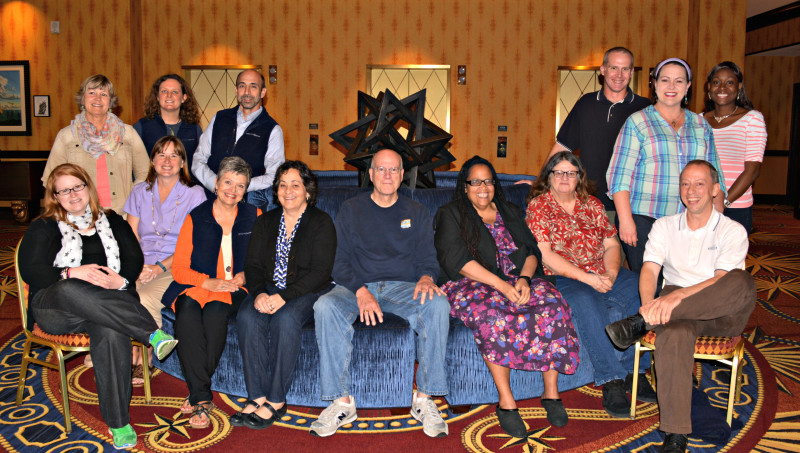"FDA is interested in the patient's voice," said FDA spokeswoman Sandy Walsh in an email interview with KQED.
"By design, this research collaboration agreement is intended to be exploratory," she explained. "We have very little, if any, experience with data of this type."
This is the first time that FDA's Center for Drug Evaluation and Research has explored using a continuous source of patient data for drug safety, said Walsh. But going forward, the agency sees opportunities to tap into patient-generated health information on popular social media sites.
That presents new opportunities for understanding the patient perspective -- but also raises privacy questions.
Should you be Concerned About Your Privacy?
Some privacy rights groups fear that patients have not been adequately informed that their intimate data could be shared with third parties.
The data that PatientsLikeMe collects won't include "identifying" information, like a patient's name and email, Heywood said. Partners and customers are "contractually obligated" to avoid "re-identifying the data" to connect symptoms to a specific patient.
The Electronic Frontier Foundation's Lee Tien said he still harbors concerns about the type of data that is being collected and that patients haven't been adequately informed about where it's going. Tien is a senior staff attorney for the San Francisco-based foundation, which specializes in protecting people's civil liberties.
In its privacy policy, PatientsLikeMe states that it will not share personal information as part of the registration process. But if a patient shares it in a "free text" field like their biography or as part of a survey, PatientsLikeMe may share this information with its partners.
The company's privacy policy also "reserves the right" for regulatory bodies, like the FDA, to contact patients for follow-up information at the agency's request.
"PatientsLikeMe is fairly well known as a 'sharing' site, so it's not a place for those who are strongly concerned about their own medical privacy," said Tien.
Understanding How Patients Respond to Drugs in the Real World
Some people may delight in handing over their data to a government agency like the FDA. This massive store of information may help future generations of patients avoid drugs that do more harm than good.
"Clinical trials help us understand the effects of drugs, but it's very difficult to keep track of that once the drug hits the market," said Ben Heywood, co-founder and president of PatientsLikeMe.
Drug makers are flocking to PatientsLikeMe for those real-world insights. The company's pharmaceutical customers include Janssen Pharmaceuticals and Roche-owned Genentech.
Pharma companies are well-aware of the limitations of clinical trials. These studies involve a very small number of patients -- in the hundreds or low thousands, depending on the research phase. They are also skewed to favor certain demographics: the majority of participants are male, for instance. This is problematic as men and women often respond to drugs differently.
But on sites like PatientsLikeMe, patients share information about their medication use with each other in ways that can be documented and tracked. This data is stored in a structured format, and includes rows and columns about treatment, side effects, outcomes and symptomology.
"Unlike clinical trials, we tend to bias a little bit towards women and our average age is in the mid-40s," said Heywood. The most popular patient communities on PatientsLikeMe are dedicated to fibromyalgia and multiple sclerosis.
[Related: Women’s Health is Too Often Overlooked; Will Digital Health be the Exception.]
In the future, PatientsLikeMe plans to supplement this database with data from mobile apps and sensors that patients use, such as an AliveCor heart health tracker.
Heywood has some ambitious plans for the research, which won't necessarily involve the FDA. He points out that not all side-effects are negative. He hopes that PatientsLikeMe can help uncover new uses for existing drugs. If a large cohort of patients complain about an allergy medication that causes dry mouth, that same drug could help patients with ALS who routinely struggle with excess saliva.
"In general, we're not trying to get drugs off the market," he said. "We're trying to help individual patients find the right intervention."
